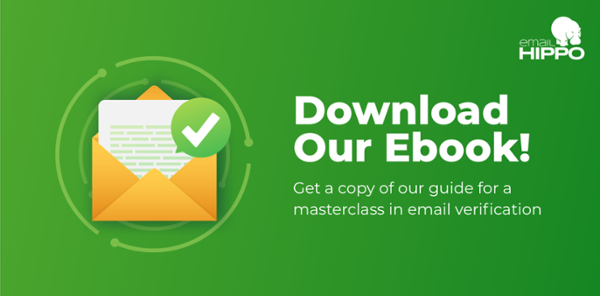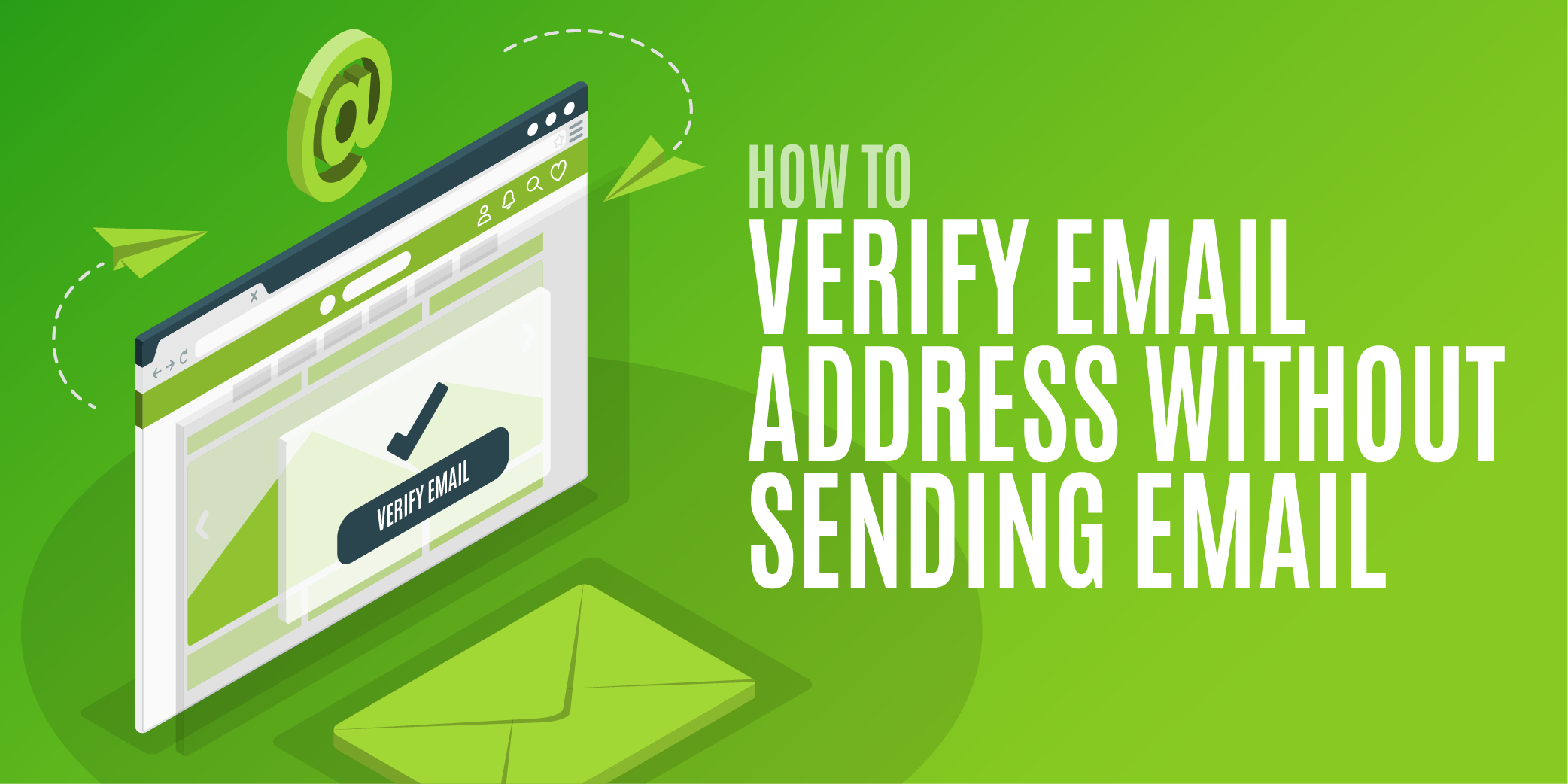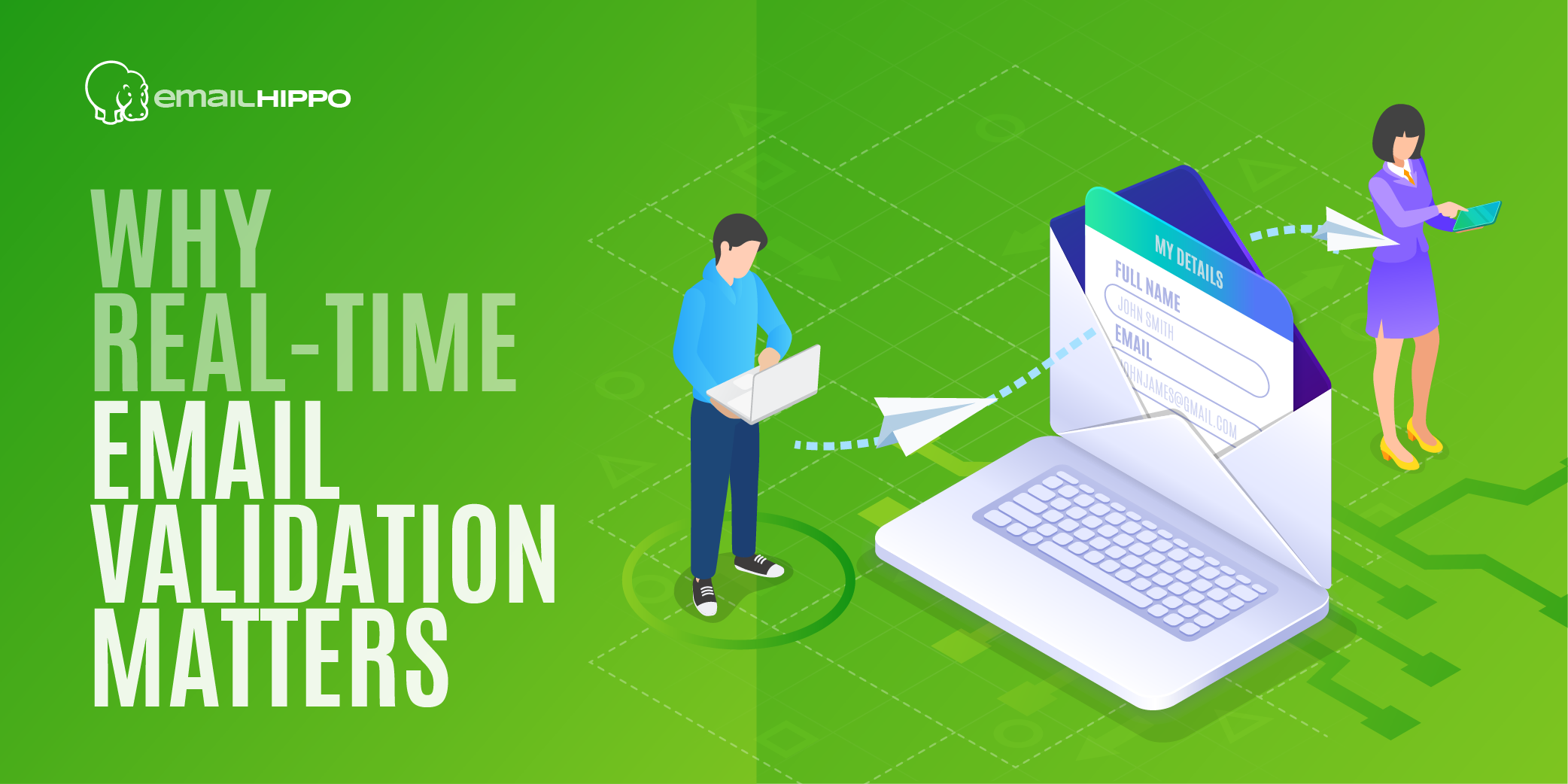4 Ways To Safeguard Your Online Business
Rodney Laws, Editor of Ecommerce Platforms explores ways to keep an online business safe that are accessible, sensible and easy to implement.
Running an online business offers an array of advantages for owners. The ability to operate wherever there’s an internet connection, greater marketing capabilities, reduced overheads compared to brick-and-mortar stores — the list goes on.
But it’s not without its challenges. Running a business over the internet means you’re at risk of cyber attacks, fraud, ransomware attacks, and so on.
Thankfully, there are simple and straightforward ways you can safeguard your online business against these threats. Read on to find out how.

Implement email best practices amongst your staff
One simple but effective way of safeguarding your online business is by ensuring your employees follow email best practices. Emails are often the primary method of communicating within a company, but it’s also a popular target for hackers with ransomware too.
Make sure your team doesn’t subscribe to mailing lists with their work email address and have a strict policy for attachments too. Always scan attachments before opening and don’t open any attachments that you’re not expecting or from unfamiliar addresses.
Beyond this, you should also implement an email validation strategy too.
Email validation is a strong safeguarding strategy for all businesses, but especially so for small-to-medium size businesses with low budgets who can’t afford expensive and more sophisticated anti-fraud platforms.
Another advantage of email validation for SMEs is that email validation offers pre-fraud protection, rather than post-event.
Traditional gateway anti-fraud services, for instance, only flag a fraud after it has taken place. For big businesses, this is not much of a problem — they are financially secure enough to take the hit until they can recover the lost funds.
But for small businesses with less collateral to soak up the impact of fraud, email validation offers a layer of protection that doesn’t risk impacting their capital into the process.
Invest in a good package and make your credentials clear
Naturally, one of the best ways to keep your online business secure is by looking to the professionals for help. There are plenty of affordable security packages available to provide businesses with a layer of protection against would-be hackers or malware.
At the same time, it’s important to make clear on your website what security systems you have in place, both for your customers and to potential hackers too. Much in the same way as homeowners will prominently display burglar alarm systems on the outside of their property, so too should online business owners highlight what systems they have in place too.
As well as deterring would-be hackers, this also inspires trust in your customers so they know they are safe when shopping with you.
This is especially important if you’re starting an online store on a budget — customer trust at this early stage is important to nurture, and there are myriad free or affordable plugins to help you achieve this.
Don’t delay — keep software up to date
One of the easiest (but underutilised) ways of keeping your online business safe and secure is by simply keeping your software up to date.
Hackers and cyber criminals are adept at evolving their techniques to circumvent established safety precautions. When software developers build security systems, there are plenty of hackers modifying their existing malware in order to overcome these developments.
This makes it crucial that all your anti-cyber crime software has the latest possible version installed.
When we get a notification requiring us to update our security software, it’s tempting to delay it until a more suitable time. Perhaps we have work we need to finish or we have a video call to take — there’s never a good time to update and restart your computer, as updates can take some time.
But it’s vital that you make time to update your software. A few minutes out of your day can prevent a great deal of stress and lost time further down the line.
Backup your data regularly
Backing up your data is an affordable and easy way to protect your online business, especially from ransomware attacks.
Back up your data on a regular basis — daily is best but weekly is also sufficient. The more regularly you back up your data, the less you’ll have to recover in the event of a ransomware hack.
While it’s possible to back up your files onto the cloud, for extra security, it’s worth looking for a separate external place to store your data. CDs are still an effective way to keep your data safe, and it’s well worth the time it takes to upload your files to them.
Much like updating your security software, backing up your files can seem like an arduous process, eating into your valuable time. But a little time invested now can save you hours (and even days, weeks, or months) of hassle in the long run.
Business success is down to many things, from customer research to product development. But internet security is a big part of that. While it might seem impregnable to the novice, spending the time to learn how to safeguard your online business will save you time and stress in the long run. Start with the tips above and create a solid security net to protect your business against cyber attacks in 2020.
Links to check out:
Online plug-ins to help your business stay safe - Shopify's blog about starting an online store
Security systems for small and medium businesses - AVG Business Security
Practical advice for small business back-ups - The Balance Small Business







